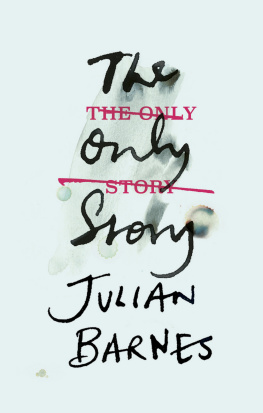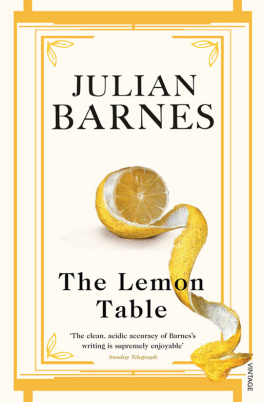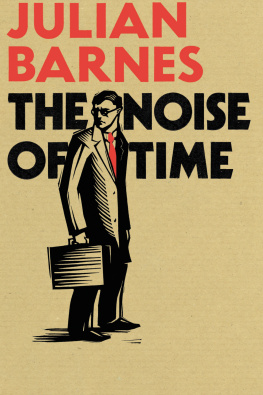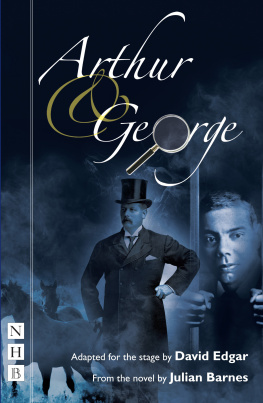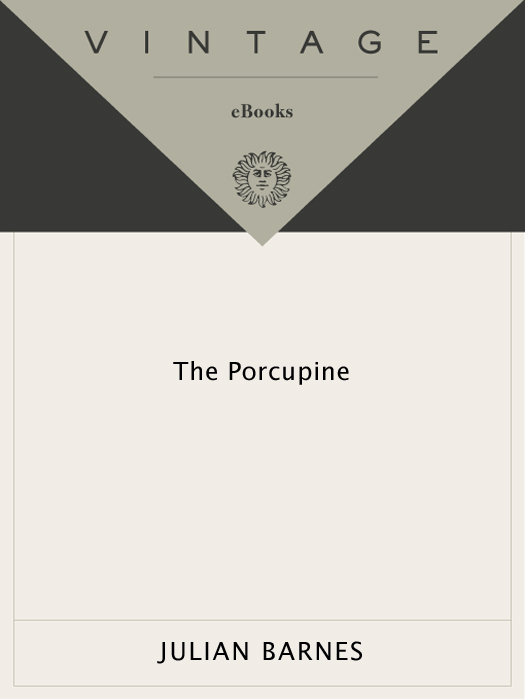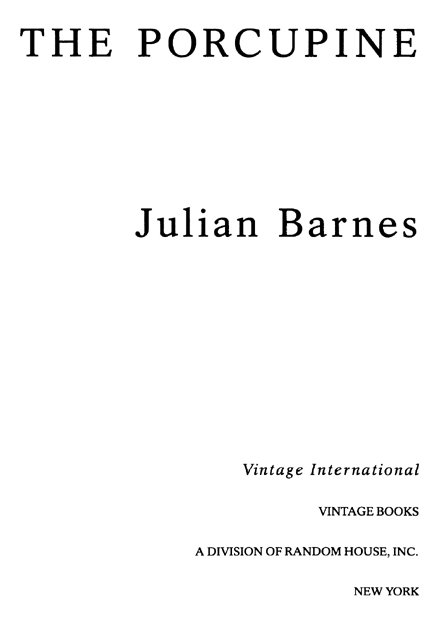Acclaim for Julian Barness
THE PORCUPINE
The Porcupine is a work of power. Barnes has woven a rich tapestry of life in a post-communist country. [He] provides a shock befitting a master storyteller and irony worthy of a philosopher.
Chicago Tribune
Barnes is a fluent novelist, clever and richly inventive. The Porcupine could hardly be more up to date.
Vanity Fair
Lightly, ironically, Barnes has bent history as progress into history as a circle. Witty and telling.
Los Angeles Times
Within the artful framework of testimony, internal monologue and chorus, Barness imagery is spare but vivid. The central characters are cunningly defined by their ambiguities. [He is] brilliant.
San Francisco Chronicle
One of Englands most interesting and provocative novelists Barnes display[s] a remarkable versatility, a dashing wit, and a sense of irony that keeps his wonderfully idiosyncratic creations under tight control.
New Republic
Absolutely brilliant and full of amazing possibilities.
Dallas Morning News
ALSO BY Julian Barnes
Metroland
Before She Met Me
Flauberts Parrot
Staring at the Sun
A History of the World in 10 1/2 Chapters
Talking It Over

Julian Barnes
THE PORCUPINE
Julian Barnes was born in Leicester, England, in 1946, was educated at Oxford University, and now lives in London. He is the author of six previous novelsMetroland, Before She Met Me, Flauberts Parrot, Staring at the Sun, A History of the World in 10 1/2 Chapters, and Talking It Over.


FIRST VINTAGE INTERNATIONAL EDITION, OCTOBER 1993
Copyright 1992 by Julian Barnes
All rights reserved under International and Pan-American Copyright Conventions. Published in the United States by Vintage Books, a division of Random House, Inc., New York. Originally published in hardcover by Alfred A. Knopf, Inc., New York, and by Jonathan Cape Limited, London, in 1992.
Library of Congress Cataloging-in-Publication Data
Barnes, Julian.
The porcupine / Julian Barnes.1st Vintage International ed.
p. cm.
eISBN: 978-0-307-79789-6
1. Trials (Political crimes and offenses)Europe, EasternFiction. 2. PoliticiansEurope, EasternFiction. I. Title. PR6052.A6657P67 1993
823.914dc20 93-15506
Author photograph Miriam Berkley
v3.1
To Dimitrina
Contents
T HE OLD MAN stood as close to the sixth-floor window as the soldier would allow. Outside, the city was abnormally dark; inside, the low wattage of the desk lamp slid thinly from the metal rim of his heavy spectacles. He was less spruce than the militiaman had expected: the suit had corrugations at the back, and what remained of his sandy hair lurched up in tufts. But his posture was confident; there was even belligerence in the way his left foot was placed firmly on the painted line. With head slightly cocked, the old man listened as the womens protest wound through the tight centre of the capital he had bossed for so long. He smiled to himself.
They had gathered on this damp December evening in front of the Cathedral of St Michael the Archangel, a rallying point from the old days of the monarchy. Many went inside first and lit candles at shoulder height: thin, yellow candles which had a tendency, either from poor manufacture or the heat of the surrounding flames, to bend at the waist as they burned, dropping their beeswax with a soft splash into the swimming tray beneath. Then the women, each armed with her weapons of protest, came out into the cathedral square which until so recently had been forbidden them, had been ringed by troops under the command of an officer in a leather coat with no visible rank. Here the darkness was concentrated, for in this sector only one street-lamp in six gave out its exhausted glow. Many of the women now reached for stouter, whiter candles. To save every match but the first, each new candle was lit from the flame of another.
Though some wore fur-fabric coats, most had come dressed according to instructions. Or rather, not dressed: they looked as if they had just arrived from the kitchen. Aprons tied over thick print dresses, with a heavy sweater originally pulled on against an unheated apartment now serving to combat the chill in the cathedral square. Into the deep placket of her apron, or into her coat pocket if more formally clad, each woman had stuck a large kitchen implement: an aluminium ladle, a wooden spoon, occasionally a sharpening steel or even, as if at some level a note of menace was required, a weighty carving fork.
The demonstration began at six oclock, the hour when the women were traditionally in the kitchen preparing the dinner, although lately this word had come to stand for a fevered concoction, somewhere between a broth and a stew, made from a couple of turnips, a chicken neck if you could find one, a few leaves, water and stale bread. Tonight they would not be stirring this shameful gruel with the ladles and spoons they carried in their pockets. Tonight they took these implements out and waved them at one another with a little self-conscious excitement. Then they began.
As the organisers, a group of six women from the Metalurg complex (block 328, staircase 4), left the cobbled square and took their first steps on to the tarmacked boulevard with its two sets of darkly shining tramlines, the first aluminium ladle was struck against its saucepan. For a few moments, as others joined in with respectful timidity, the noise kept a slow, pausing beat, an eery funeral music of the kitchen. But when the bulk of the protesters took up the call, those first instants of solemn order disappeared, the silences were filled with the sound of new strikings from the rear, until the precincts of the cathedral, where people now came openly to seek God in quiet prayer, were crammed with urgent domestic noise.
Those inside the demonstration could distinguish from nearby the different notes that were being struck: the dead, dully echoing sound of aluminium on aluminium, the higher, more martial cry of wood on aluminium, the surprisingly light mess-time call of wood on iron, and the heavy, road-mending sound of aluminium upon iron. The noise grew fat, and huddled over the women as they set off, a noise none in the city had ever heard before, one made more potent by its strangeness and lack of rhythm; it was insistent, oppressive, sharper than mourning. A group of young men at the first corner shouted obscenities and raised stiff forearms; but the grand clatter reduced them to hopeless fish-mouths, and their insults reached no further than the jaundiced burn of their street-lamp.
The organisers had expected at most a few hundred women from the Metalurg complex. But the rampant noise which followed the glinting curves of Tramway 8 came from several thousand: from Youth and Hope and Friendship, from Red Star, Gagarin and Future Victory, even from Lenin and Red Army. Those with candles held them in the socket of their thumb, with their fingers gripping the cooking pot or frying pan they had brought; and when the spoon or ladle held in the other hand came down upon the pan the flame of the candle shivered and grease sprayed over their sleeves. They carried no banners and shouted no slogans: that was what men did. They offered instead a battery of metallic noise and a sunflower field of yellow faces lit by candles which jumped at every drum stroke.



